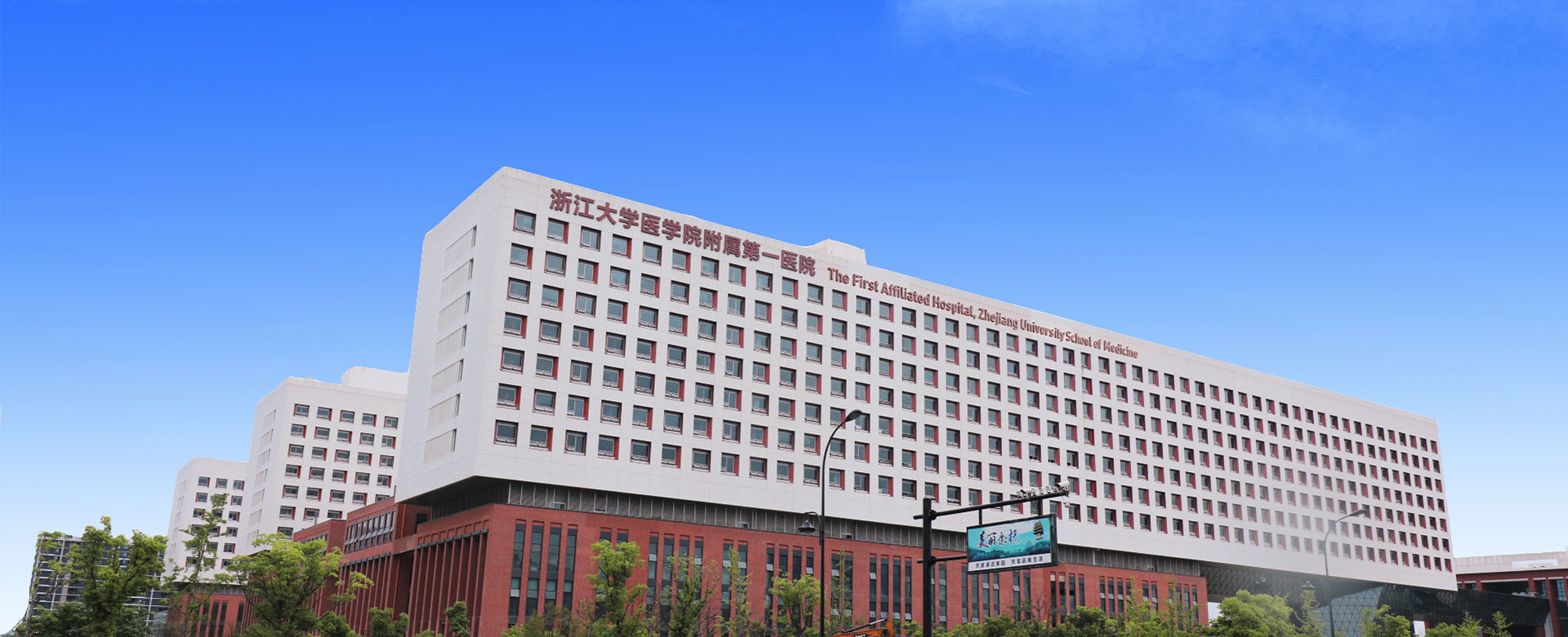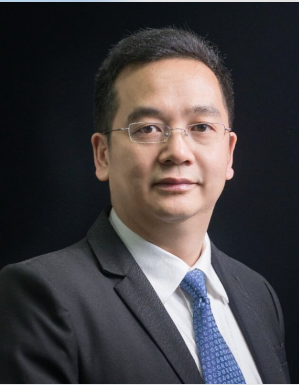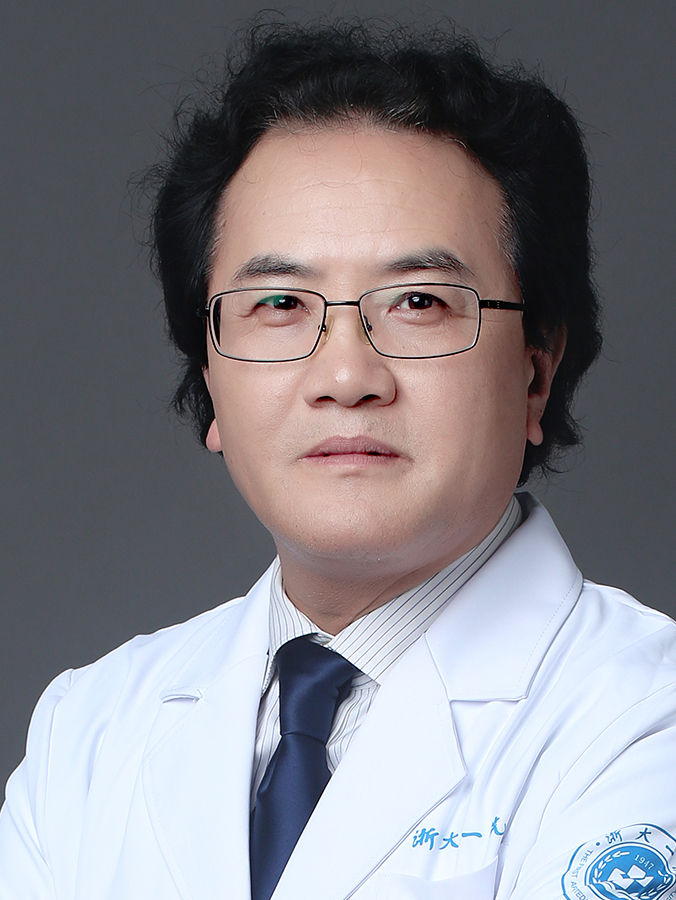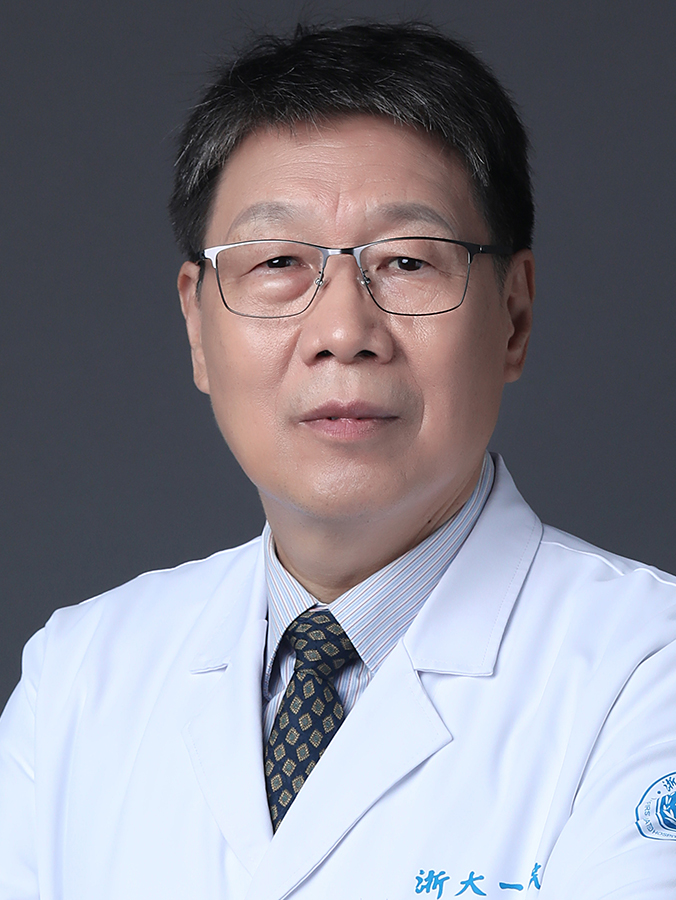Gastrointestinal Surgery
Overview
Since 1996, our division has carried out cytoreductive surgery in advanced gastric cancer and intraperitoneal perfusion chemotherapy. In 1999, we started to assess the resectability of gastric cancer patients before operation, and the accuracy rate was as high as 98%. We also started to promote standardized radical surgery of gastric cancer at the same time. We first carried out multi-organ resection and para-abdominal aortic lymph node dissection for treatment of advanced gastric cancer in Zhejiang province, and the therapeutic effect has achieved national advanced level. Laparoscopy during surgery for gastrointestinal diseases, such as gastrointestinal smooth muscle tumors, colorectal cancer and bleeding of large-diameter arteries under the gastric mucosa, has been used in our division since 2002. Laparoscopic-assisted radical treatment of distal gastric carcinoma was carried out in 2005. Neoadjuvant chemotherapy was put into use in 2003, and this has significantly increased the survival of gastric cancer patients with postoperative adjuvant chemotherapy. In the treatment of gastrointestinal stromal tumors, our division first carried out targeted therapy in 2005, and this has achieved international advanced level. Since its establishment, our division has performed over 8000 gastrointestinal operations in various types of case, including gastric cancer, colon cancer, gastrointestinal stromal tumor, small intestinal tumor and benign GI diseases. Normative radical treatments of gastrointestinal disease have achieved the national advanced level, particularly in the diagnosis and treatment of gastric cancer and gastrointestinal stromal tumor. Through multidisciplinary cooperation and individual therapy, our division has applied the latest and most advanced national and international treatments for gastrointestinal tumors. We have cooperated with the Pathology Division to test many nodal metastases as well as a number of immunohistochemical indicators related to neoplasm staging and transfer in accordance with international standards, and this is of great significance in guiding postoperative treatment. We have also cooperated with the Radiotherapy Division to achieve radical treatment for many patients with gastrointestinal cancer through radiotherapy.
Research & Innovation
In terms of academic and scientific research, our division has participated in a number of national and provincial-level, randomized and multi-center treatment research projects. Many of our division's research projects have been related to operation, nutrition, chemotherapy, pathology, and genetics of gastrointestinal tumors. The division staff have actively participated in and presided over tumor and general surgery conferences and academic activities at home and abroad or inside and outside the province. The division members have published over 20 papers in academic journals at home and abroad.
Education & Training
Our division places a major emphasis on education. So far, more than 20 masters students have graduated from here, and eight postgraduate students are currently being trained. We take part in the teaching of both undergraduate and postgraduate students, running approximately 100 classes per year. We also undertake the training of surgical rotation physicians and interns. Furthermore, our division provides opportunities for staff to study abroad.
In the future, we will make more accurate and comprehensive assessment and treatment of patients with gastroenterological, breast and thyroid disease. We will also further improve clinical research and education.








